AARP Hearing Center


"Well, there goes date night," my wife said after I told her I was trying out the new The Whole Body Reset weight-loss program specifically for people at midlife.
Join the AARP Weight Loss After 50 Challenge
Learn what small changes you can make for health and wellness as we age. Step by step, we'll:
- Show you the secrets to losing weight
- Give you guides to healthy foods
- Provide dozens of delicious new recipes to try
- Help you embrace a whole new way of eating
Before I started the reset, we had a routine. Once a week, we’d toss our two kids to Granny and spirit away to pick up curbside at our favorite fine eateries, dining behind the windshield of our brown Honda Odyssey. It was paradise by the dashboard light, an hour or two of brief but needed respite that kept us sane.
My wife supported me in trying to live a new, healthy lifestyle, yet her voice was laced with disappointment.
I too was disappointed … and worried. I was a 40-year-old stay-at-home dad who turtled around the house trying to keep up with my two bouncy bundles of joy and frustration. I yearned for the energy of my own youth. I was worried The Whole Body Reset would force me to count calories and starve myself.
Then I read the book authored by Stephen Perrine with Heidi Skolnik, which claims The Whole Body Reset isn’t a “fad diet”; it’s “a way of life, a long-term lifestyle solution, designed to change not just your food but your vitality — physical, mental, and emotional.”
The reset isn’t about eating less, it’s about eating more — especially eating protein at every meal. As you age, your body’s ability to transform protein into muscle lowers, so you gain weight. “The idea is to stop that process,” Perrine told me via phone, “so that never happens to you again. And from there, there will be weight loss involved.”



























































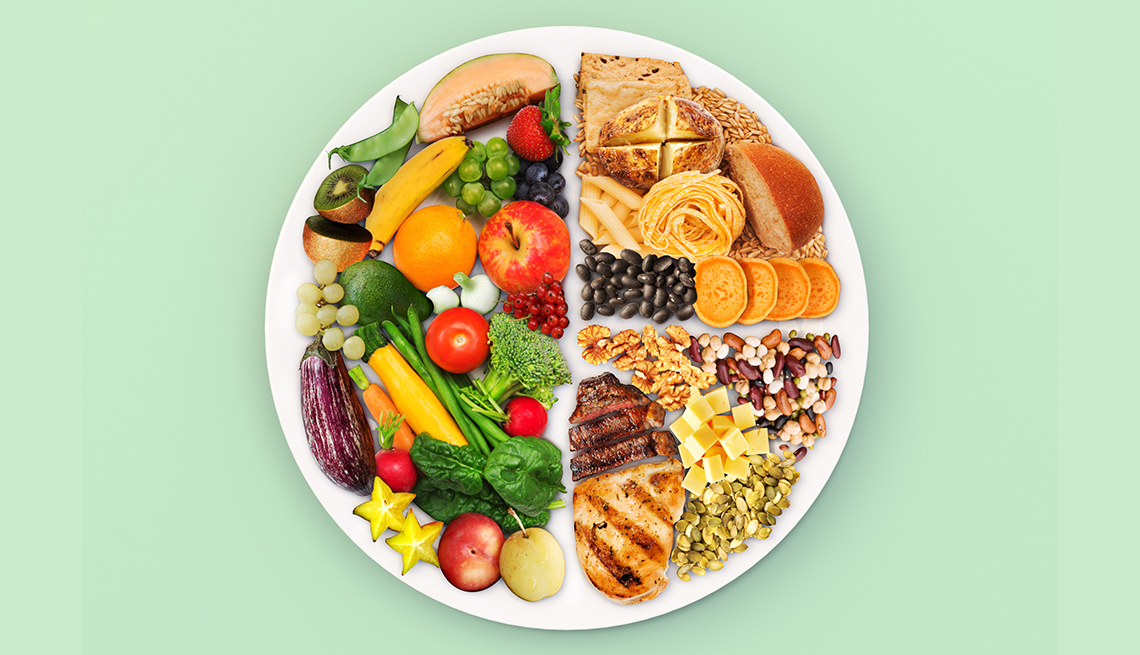
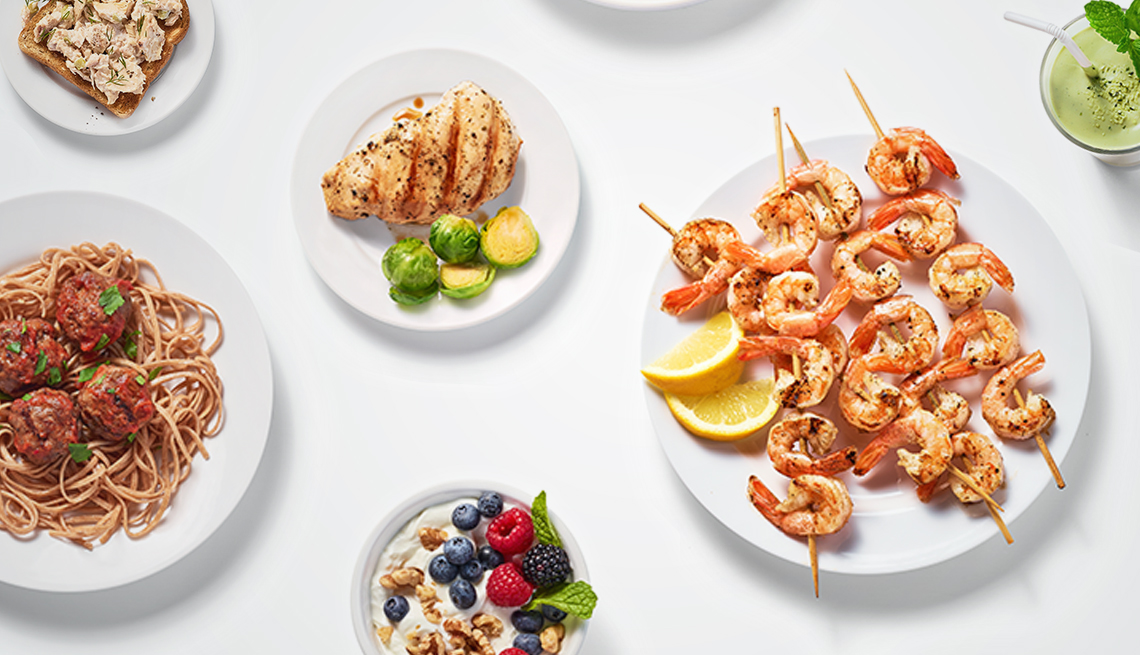
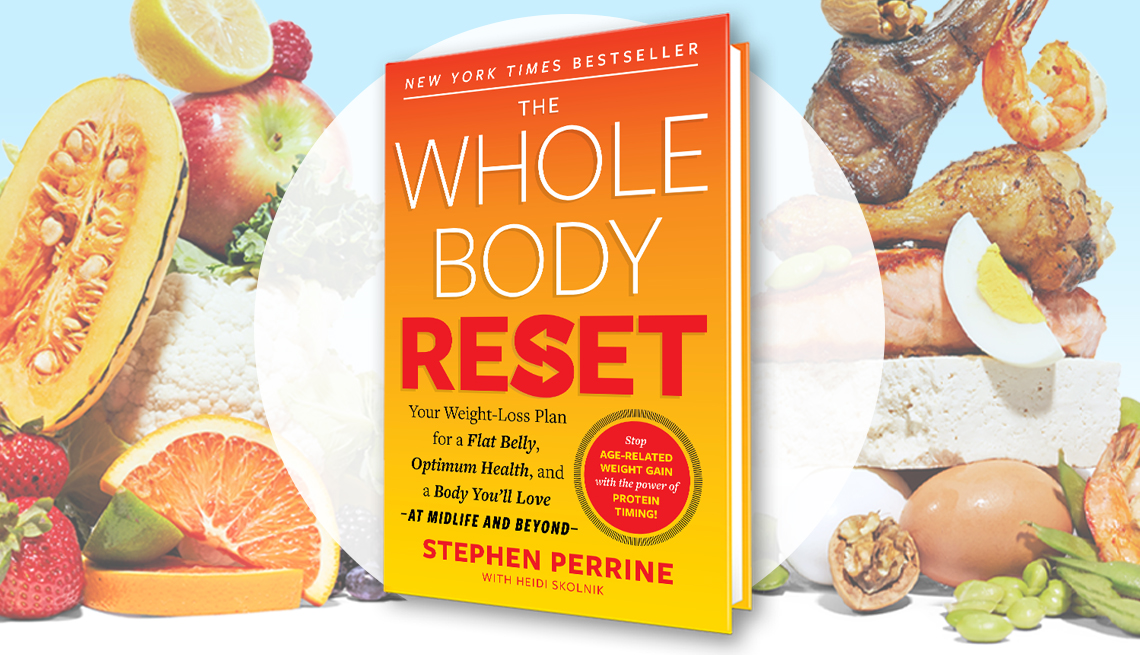
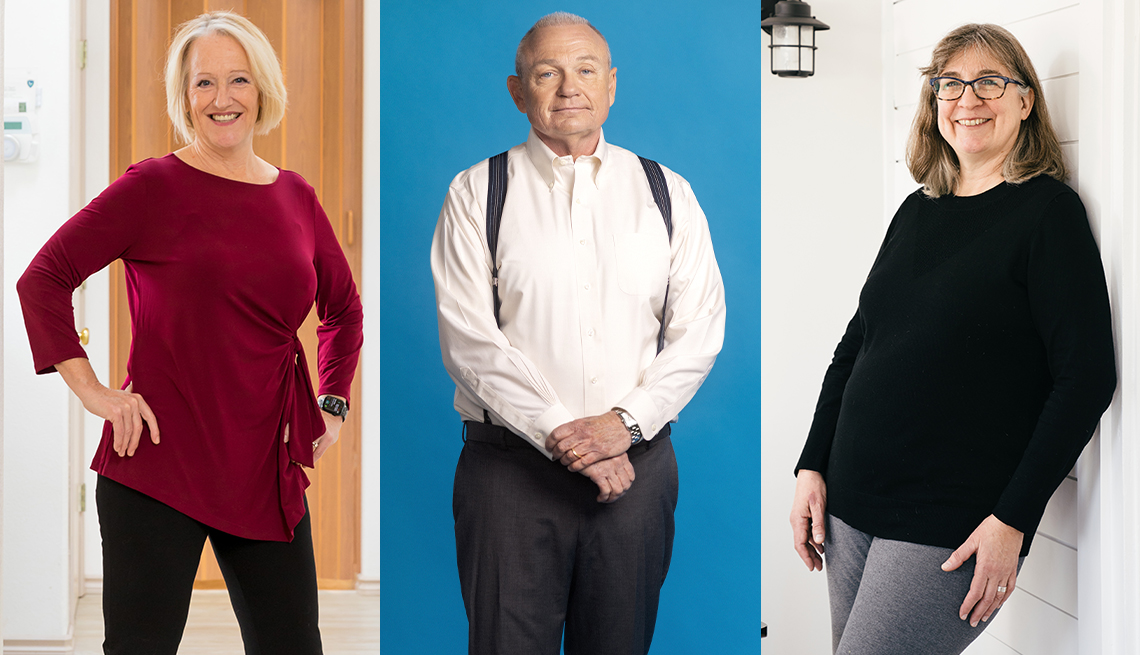
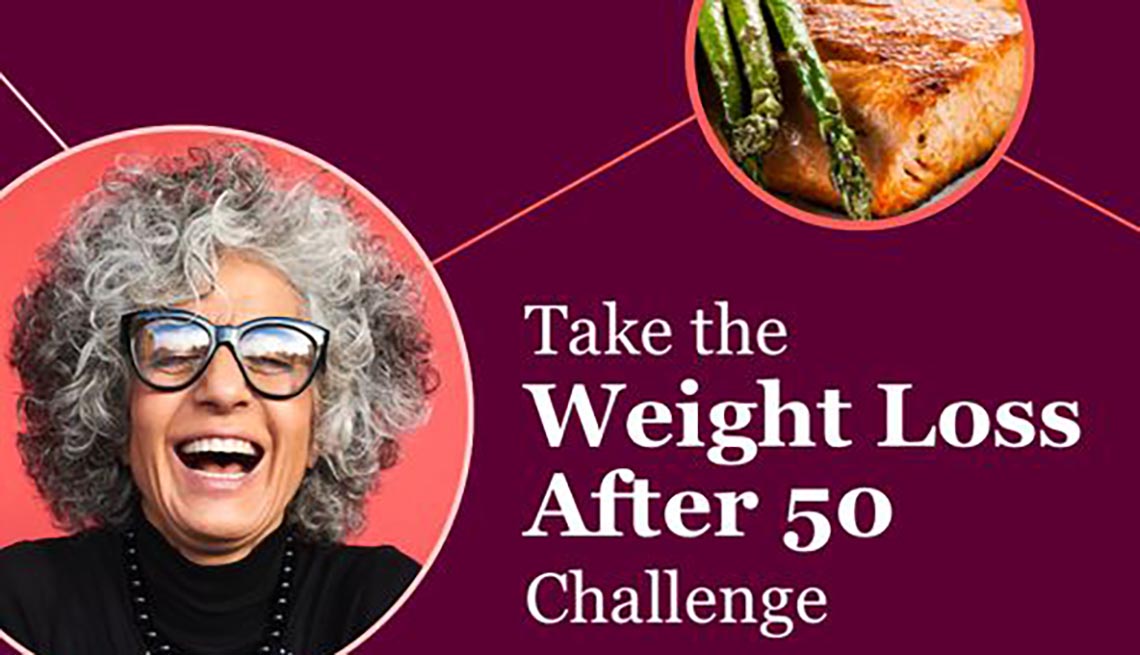
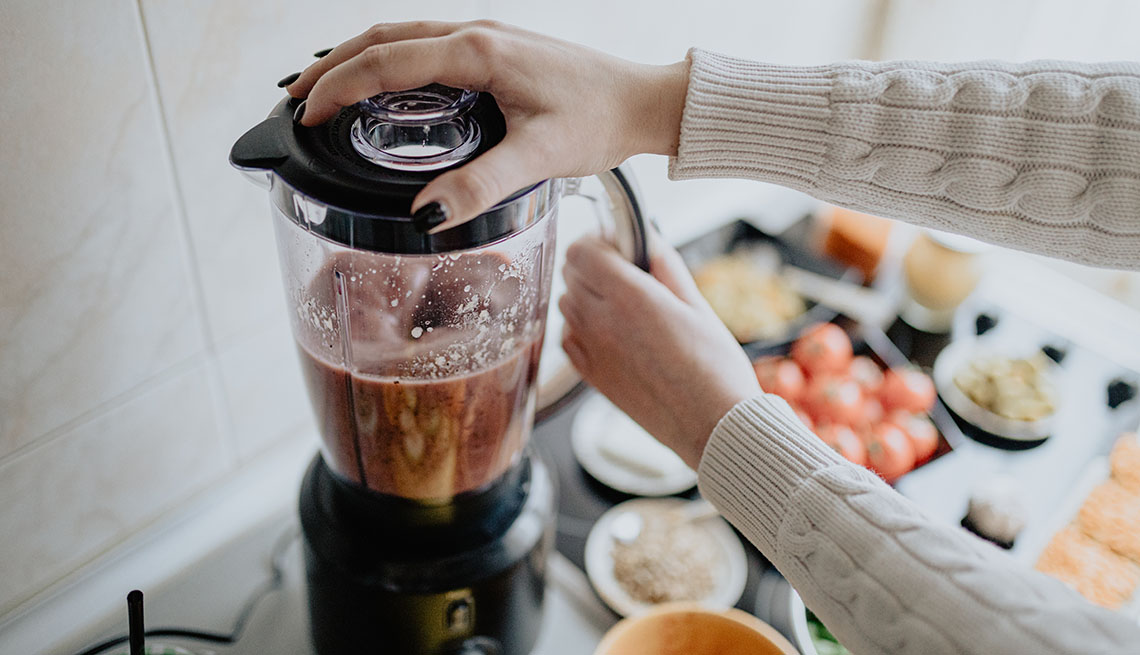

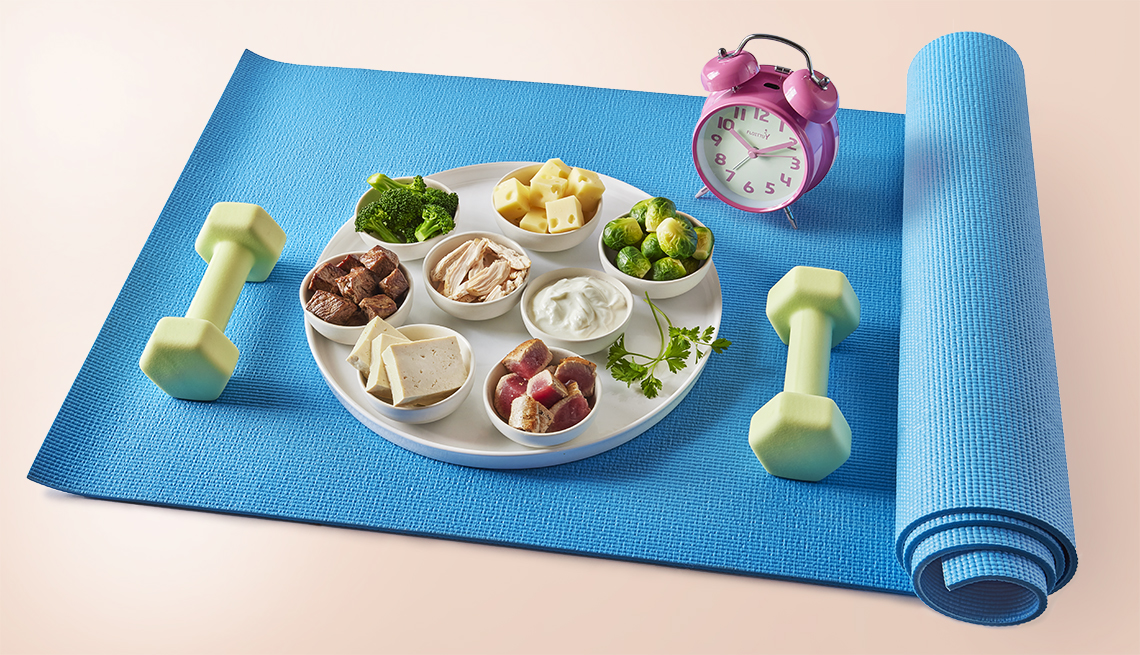
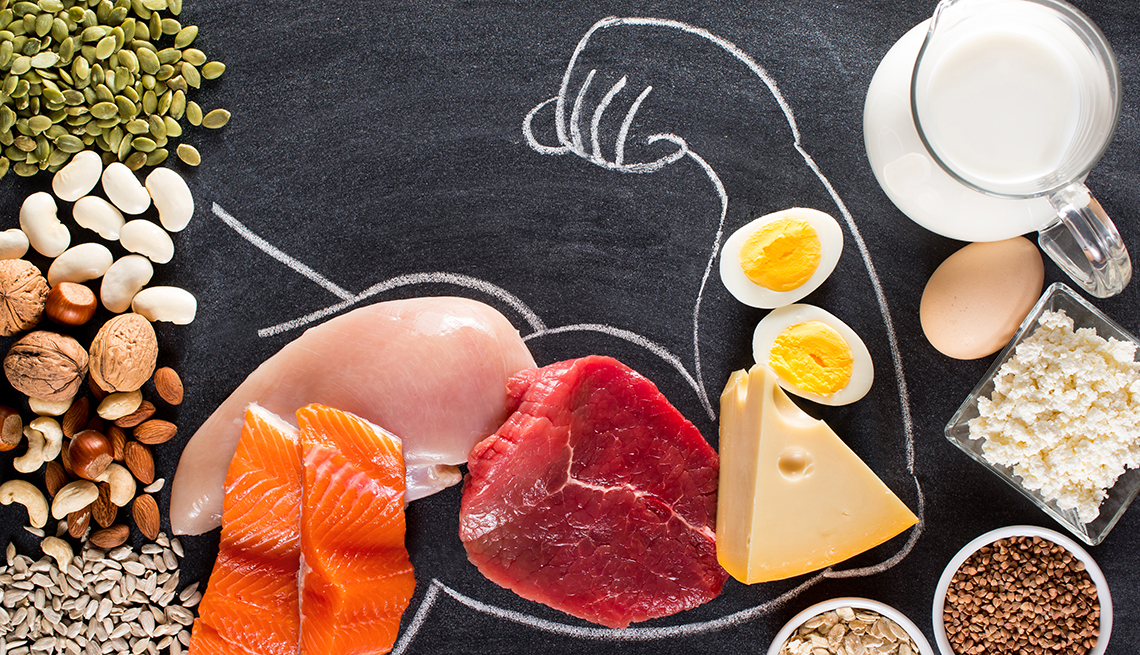




More on health
How Not to Gain Weight When the Fridge Is Always Nearby
Experts share tips for avoiding overreating when you're home all the timeWhat Should Your Diet Be Like After 50?
As our bodies change, so do our nutritional needsOlive Oil Can Lower Risk of Death
Study finds olive oil can reduce the overall risk of cancer, heart disease